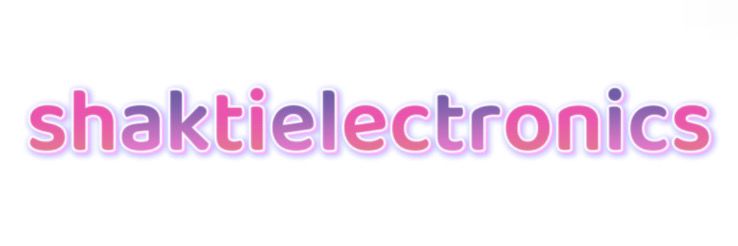What is a Smart Wireless Energy Metering Solution?
In a world that is increasingly leaning towards sustainability and energy efficiency, smart wireless energy metering solutions have emerged as a vital component of modern energy management. These advanced systems not only optimize energy consumption but also significantly contribute to generating insights about energy usage patterns. Let’s explore what constitutes a smart wireless energy metering solution, its key components, how it operates, and the benefits it offers to both consumers and energy providers.
At its core, a smart wireless energy metering solution is an integrated system designed to measure, analyze, and manage energy consumption using wireless communication technologies. Unlike traditional meters, which require manual readings and offer limited interactivity, smart meters provide real-time data transmission. This enables stakeholders—consumers, utilities, and energy managers—to access timely and actionable information regarding energy use.
One of the primary components of a smart wireless energy metering system is the digital smart meter itself. These meters are equipped with advanced sensors that capture detailed data about energy consumption, including voltage levels, frequency, power factor, and the specific usage patterns of connected devices. This information is invaluable for both consumers aiming to reduce energy costs and utilities looking to enhance grid reliability.
Wireless communication technology is another critical element of these solutions. Smart meters typically use various wireless protocols such as Zigbee, LoRaWAN, or cellular connectivity to transmit data securely and reliably to centralized databases or energy management systems. This real-time communication enables utilities to monitor energy levels, detect outages, and implement demand response strategies more effectively.
Moreover, the integration of Internet of Things (IoT) technology has revolutionized smart energy metering. IoT-enabled devices can connect with a wide range of household appliances, allowing smooth coordination for energy-efficient operation. For instance, smart meters can communicate with smart thermostats, lighting systems, and home appliances, enabling users to optimize their energy consumption based on real-time pricing, availability, and demand.
Another noteworthy component of these solutions is advanced analytics and data visualization platforms. The wealth of data collected by smart meters can be analyzed to derive actionable insights. Utilities offer dashboards for consumers that showcase their usage patterns, allowing them to identify peak consumption areas and adjust habits accordingly. On a larger scale, utilities can use this information for grid management, forecasting demand, and integrating renewable energy sources.
So, what are the concrete benefits of adopting smart wireless energy metering solutions? The list is extensive and compelling. For consumers, one of the most significant advantages is heightened control over energy consumption. With the ability to monitor usage in real time, homeowners can make informed decisions about when to use energy-intensive appliances, thereby lowering their utility bills. Additionally, smart meters often provide detailed billing data that eliminates estimated bills and promotes transparency in energy costs.
For utilities, smart meters enhance operational efficiency and reliability. The ability to detect outages and issues remotely reduces the need for on-site inspections, saving time and resources. Furthermore, smart meters facilitate advanced grid management methods, such as demand response programs that can curtail or shift energy consumption during peak periods, ultimately leading to a more stable and resilient energy grid.
From an environmental perspective, the implementation of smart wireless energy metering solutions plays a pivotal role in promoting renewable energy sources and energy conservation. By aligning energy consumption with generation, particularly in systems integrated with renewables like solar and wind, these solutions help reduce carbon footprints and move us toward more sustainable living.
It's also worth mentioning that the deployment of smart metering systems has regulatory backing in many regions worldwide. Governments and regulatory bodies are actively promoting the adoption of advanced metering infrastructure (AMI) as part of broader energy sustainability initiatives. As a result, homeowners and businesses may find additional incentives, rebates, or grants for upgrading to smart metering systems.
Despite these advantages, the transition to smart wireless energy metering solutions is not without challenges. Data privacy and cybersecurity concerns are at the forefront, as with any system that collects and transmits consumer data. It’s essential for utility providers to implement robust security measures to safeguard sensitive information and maintain consumer trust.
In summary, smart wireless energy metering solutions represent a significant leap forward in energy management and sustainability. By offering real-time data, fostering efficient energy consumption, and enhancing operational efficiency for utility providers, these systems pave the way for a smarter, greener energy future. As adoption continues to grow, they will likely play a crucial role in shaping how we interact with our energy systems—turning consumers into active participants in the energy landscape and contributing to a more sustainable planet.
If you want to learn more, please visit our website Smart Wireless Energy Metering Solution, Wireless Energy Meter.
369
0
0


Comments
All Comments (0)